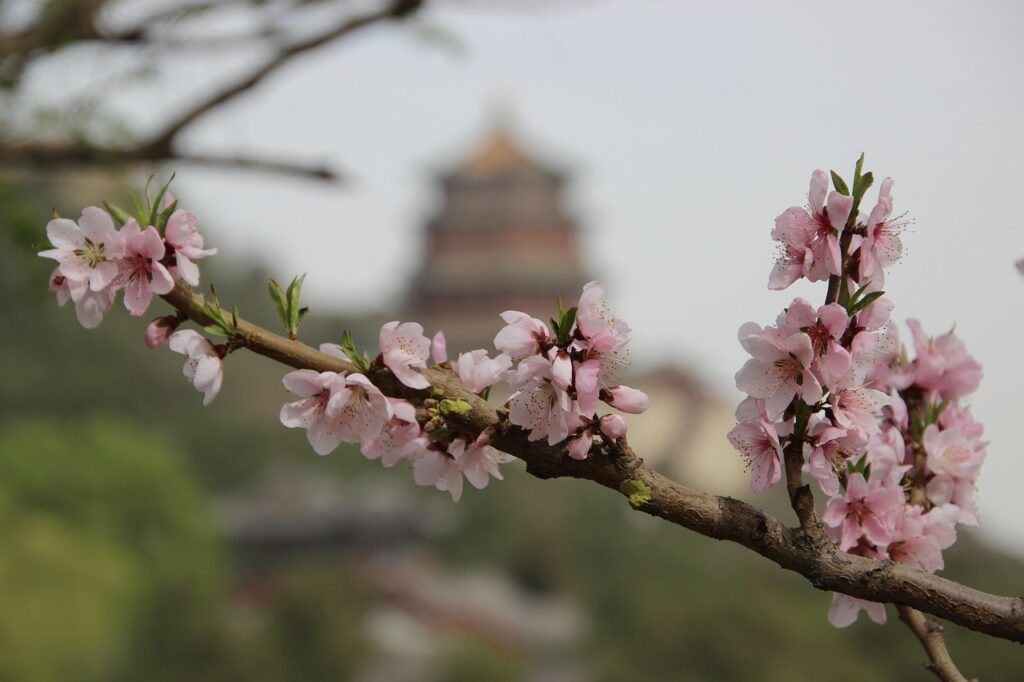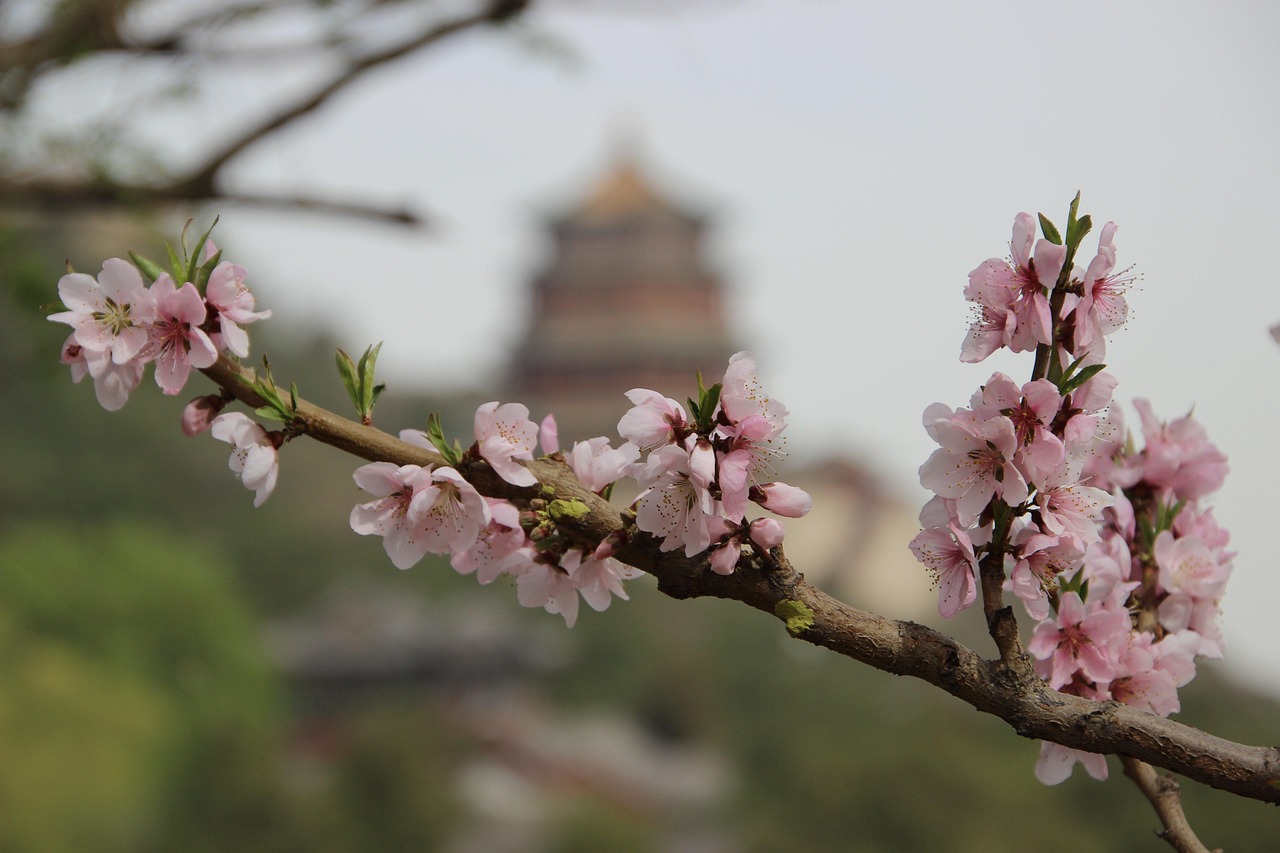Have you ever wondered if that elegant bottle of perfume on your dresser has a shelf life, or does it just last forever? Many of us invest in perfumes to add a touch of personal flair to our everyday presence, but the thought of whether these scents can expire can sometimes slip our minds. Let’s unravel the mystery behind the longevity of perfumes and what factors influence their lifespan.
Understanding How Perfume is Made
Before we dive into the nitty-gritty of whether perfumes can expire, it helps to know what’s inside those alluring bottles. Perfumes are complex mixtures of fragrant oils, alcohol, and sometimes water. These fragrant oils are the heart of any perfume as they provide the unique scent that makes each fragrance distinct.
The Components of Perfume
Perfumes are composed of three main layers known as notes:
-
Top Notes: These are the scents you perceive immediately upon applying the perfume. They are light and evaporate quickly.
-
Middle Notes: Also known as heart notes, these represent the core of the perfume and emerge after the top notes fade.
-
Base Notes: These notes provide depth and are the longest-lasting component of a perfume, lingering hours after application.
Understanding these components can give you insight into why a perfume might change over time, affecting its scent profile and potentially its expiry.
Can Perfume Expire?
The short answer is yes, perfume can expire. Like many other products, perfumes have a shelf life that can be affected by various factors, including their composition and storage conditions. Expiration doesn’t mean your perfume is suddenly unusable, but it might not smell as enchanting as it once did.
Indicators of Expired Perfume
Knowing when a perfume has expired can save you from the unpleasant surprise of a fragrance gone bad. Here are some signs that your perfume might have reached its end:
-
Change in Scent: The smell might become more sour or lose its complexity.
-
Discoloration: The liquid may darken over time, indicating chemical changes.
-
Separation of Ingredients: If the liquid appears cloudy or separates, it may be a sign of expiry.
Longevity of Perfume: How Long Does It Last?
The average lifespan of a perfume is about 3 to 5 years, but this can vary significantly based on several factors. Some perfumes, especially those with higher alcohol content, can last for a decade or more, while others might fade within a year or two if not properly stored.

Factors Affecting Perfume Expiry
A range of factors can impact how long your perfume remains fresh and smell as it should. Let’s explore some of these considerations:
Exposure to Light
One of the most significant enemies of a perfume is sunlight. Ultraviolet rays can break down the chemical components in your perfume, causing it to lose its scent and potency faster than it otherwise would.
Heat and Temperature Fluctuations
Perfumes are best stored in a cool, stable environment. Heat can alter the chemical makeup, affecting both the scent and the integrity of the fragrance. Temperature fluctuations can also damage the delicate balance of the floral, citrus, or woody notes.
Air Exposure
Exposure to air can lead to oxidation, where oxygen interacts with the perfume oils and alters its fragrance. Keeping the perfume bottle tightly closed when not in use helps preserve its quality.
Quality of Ingredients and Formulation
The quality of raw materials and how a perfume is crafted can influence how long it lasts before expiring. Perfumes with natural ingredients might have a shorter shelf life compared to those with synthetic components that are chemically more stable.
How to Extend the Life of Your Perfume
Knowing the potential hazards to your perfume’s longevity, you can take several proactive steps to extend its lifespan.
Proper Storage
Keep your perfumes in a cool, dark place, away from direct sunlight and heat sources. Many suggest storing them in their original box to offer an added layer of protection against light exposure.
Minimize Air Exposure
Ensure the cap is tightly closed after each use to prevent oxidation. Additionally, avoid transferring perfumes to different bottles, as this increases their exposure to air.
Limit Humidity
Try to keep perfumes away from damp or humid areas like bathrooms. High humidity can affect the composition and shelf life of the fragrance.
Know When to Use
If you own multiple perfumes, use them in regular rotation. When a perfume nears the end of its recommended shelf life, prioritize its use to enjoy it while it’s still in good condition.

Reading the Labels: Decode the Symbols
When you purchase a perfume, you might notice some symbols and numbers on the packaging. These provide valuable information about the perfume’s longevity and usage.
Batch Numbers and Expiration Dates
Perfumes often come with a batch number, which can sometimes be used to check the manufacturing date. Some perfumes also list an expiration date, guiding you on how long you can expect the fragrance to last.
The Period After Opening (PAO) Symbol
A jar symbol with a number followed by the letter ‘M’ (for months) indicates how long the product is expected to stay fresh after it has been opened. This is particularly useful for making the most of your perfumes while they’re at their peak.
DIY Tests: Simple Ways to Check Perfume Freshness
You don’t need to be a fragrance expert to assess whether your perfume is still good. Here are two simple at-home tests you can perform to check the freshness of your perfumes:
The Sniff Test
Spray a small amount on a tester strip or cotton pad and wait for a few minutes. If it smells off or different from what you remember, it might be time to reconsider using it.
Visual Inspection
Hold the bottle to the light and check for discoloration or sediment. Such changes can indicate alterations in the formula, suggesting that the perfume may no longer be in peak condition.

Different Types of Fragrances and Their Longevity
Not all perfumes are created equal; some last longer due to their unique formulations. Here’s a look at different fragrance types and their typical shelf life:
| Fragrance Type | Typical Longevity | Notes |
|---|---|---|
| Eau de Parfum (EDP) | 4 to 5 years | Higher concentration of oils, making them longer lasting. |
| Eau de Toilette (EDT) | 3 to 4 years | Lighter than EDP, may evaporate faster. |
| Eau de Cologne (EDC) | 2 to 3 years | Contains a lower concentration of perfume oils, hence shorter longevity. |
| Pure Perfume (Parfum) | 5+ years | Due to high concentration, they often last the longest and are more stable. |
Fragrance Families and Their Stability
The family of a fragrance based on its ingredients can also impact its shelf life. Some families are more prone to changes over time due to the nature of their components.
Citrus Scents
Citrus fragrances might be more volatile, as the delicate citrus oils can degrade faster than other scent types.
Floral Scents
Floral notes can be relatively stable, although certain natural flowers like lilies might not hold up as well over time.
Oriental and Woody Scents
These fragrances often include rich, heavy compounds that can remain stable for quite some time, sometimes lasting even longer than their suggested shelf life.
The Environmental Impact of Perfumes
While we cherish our perfumes, it’s important to acknowledge their environmental impact. Understanding how to properly dispose of them can make you a more responsible consumer.
Disposal of Expired Perfumes
Expired perfumes should not be poured down the drain as they can introduce chemicals to the water supply. Instead, consider recycling bottles and properly disposing of remnants at designated waste facilities.
Sustainable Choices
Many brands are now focusing on sustainable practices. Opting for refillable bottles or those with eco-friendly packaging can reduce environmental impact over time.
The Emotional and Personal Connection to Perfume
Perfumes do more than just enhance your scent; they often carry emotional significance. Over time, a particular fragrance can become intertwined with personal memories and experiences, enhancing its personal value beyond just the sensory pleasure.
Memory and Scent
Scents can trigger emotional memories, making perfumes powerful tools for nostalgia or mood enhancement. Choosing a scent can be a deeply personal act that goes beyond the expiration concerns.
The Significance of Collections
Some collect perfumes not only for the fragrance but for the art and design of the bottle or the prestige of the brand. In such cases, even expired perfumes can be cherished as part of a collection.
Closing Thoughts: Enjoy Your Scents
Understanding the lifecycle of your perfumes helps you manage your collection better and maximize the joy you derive from each bottle. By knowing the signs of expiration and how to care for your perfumes properly, you can continue to enjoy their beautiful scents while also being mindful of their longevity and environmental impact. So, as you pick up your favorite bottle and spritz away, you can now appreciate the interplay between chemistry, craftsmanship, and your personal story carried within each fragrance.




